Poland
|
Marine and Gaïda are two French Erasmus students in Krakow, Poland. They take the train on the occasion of the 65th anniversary to Auschwitz, liberated by the Red Army. In the train they exchange emotions and thoughts with Maria and Roman, who have participated in a film project produced in the memory of the victims of the concentration camps. The film memorises a young 27 years old European woman, Etty Hillesum. Etty lived the Nazi persecution in Amsterdam during World War II. She tried to overcome her own interior walls in order to ‘meet’ with the actual human nature. Her attitude is a prime example of the ‘co-existence’ of our European current societies.
Auschwitz is more than a museum. It is a living wound of humanity and European history. A place that has seen the culmination of segregation and discrimination can now begin to help the European peoples to meet and build a place where peace, understanding and tolerance can reign on our European soil.
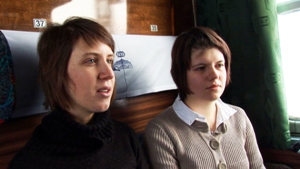 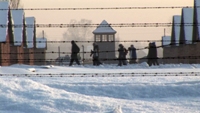 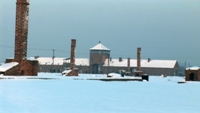 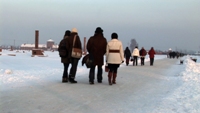  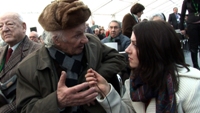 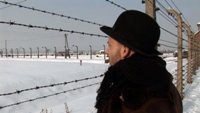
Discover More
A European active memory
The European Union is built on fundamental values such as freedom, democracy and respect for human rights. In order to fully appreciate their meaning, it is necessary to remember the breaches of those principles caused by Nazism and Stalinism in Europe. By commemorating the victims, by preserving the sites and archives associated with deportations, Europeans will preserve the memory of the past, including its dark sides. It is particularly important to do so now, as witnesses are progressively disappearing. An awareness of the full dimensions and tragic consequences of the Second World War will thereby be maintained, in particular through the involvement of the younger generations of Europeans. Furthermore, citizens will engage in a reflection on the origins of the European Union, fifty years ago, on the history of European integration, which preserved peace among its members, and finally on today’s Europe, thereby moving beyond the past and building the future. This action therefore will play an important role in nourishing the broad reflection on the future of Europe, in promoting active European citizenship and in bringing Europe closer to its citizens by promoting Europe’s values and achievements, while preserving the memory of its past.
|
|
Comments are closed.
|